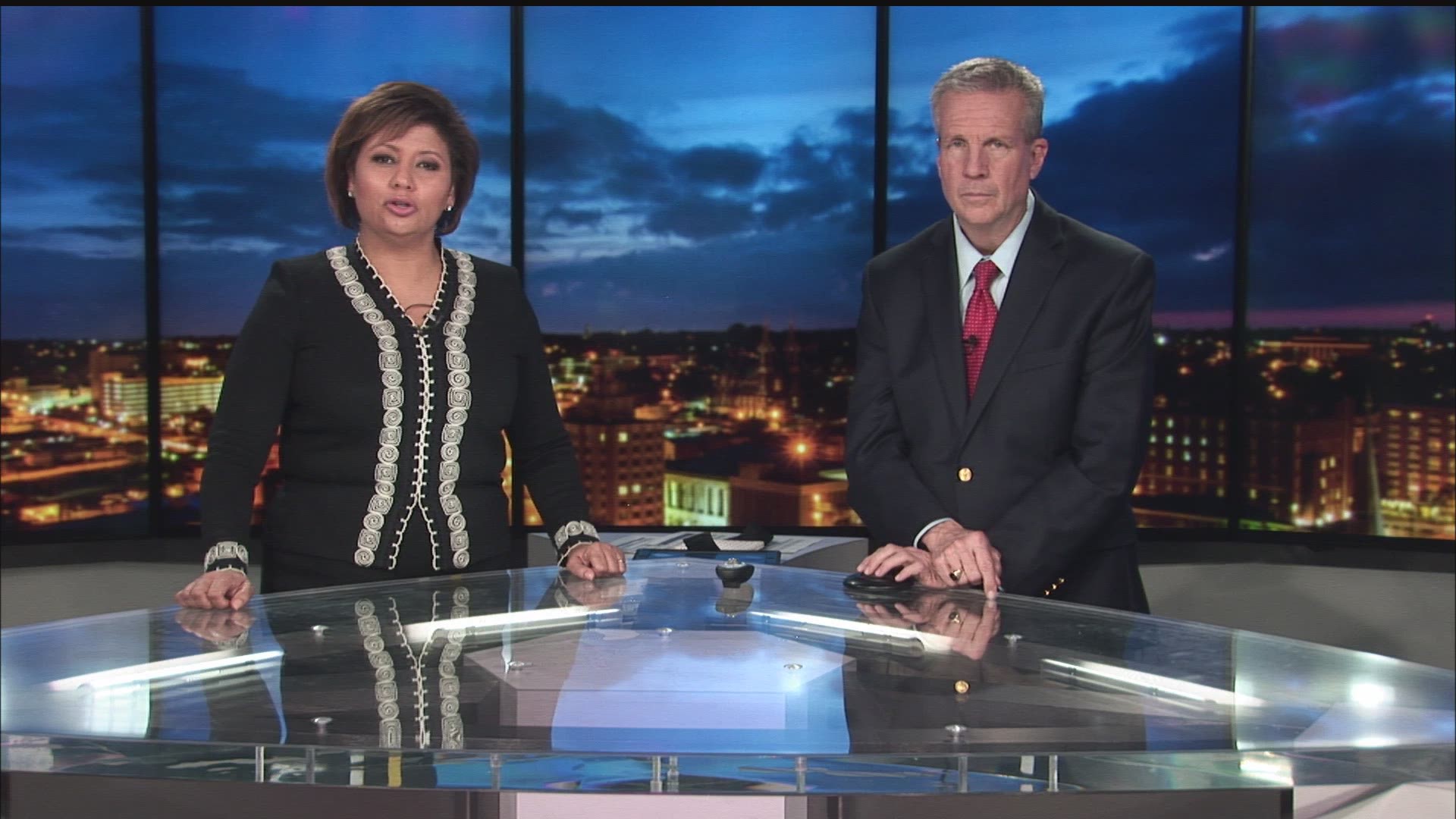MILLEDGEVILLE, Ga. — Baldwin County's black residents will have a new way to preserve their family history, thanks to a $12,000 grant to be used by the Georgia College library.
The Ina Dillard Russell Library received a grant from the National Endowment of Humanities' Common Heritage Program to digitize local African-American history. 20-year Milledgeville resident Benjamin Lewis feels like African-Americans don't know enough about their past.
"Many of our African-American communities are now non-existent, so our kids, subsequently, I find have a void for their history," Lewis said.
Lewis, who said he's related to Milledgeville's first black mayor and grew up on Liberty Street, said much of African-American history amongst families was passed down orally.
"Historically, it's been through word of mouth, passed down from one generation to the other," Lewis said.
Shaundra Walker and the Ina Dillard Russell Library will host two "Harvest Days" to go about collecting local history. They'll use mobile scanning technology this summer, when families are most often together at events like family reunions.
"During these events people often pull out old photos and those kinds of things and so while we have people there we want to digitize that copy, invite them to share with us if they would like," Walker said.
Walker warned that the college will not hold onto any materials offered for scanning. People can keep their family keepsakes and will also be given a digital copy on a flash drive.
If they choose, families can share the digital copy with Georgia College. In turn, the college will add the information to the Digital Library of Georgia and the Digital Public Library of America.
The college will also host a preservation workshop on March 2nd from 10 a.m. to 12 p.m. in Allen's Market in Milledgeville. In the workshop, guest speaker Shaneé Murrain, assistant professor and university archivist at the University of West Georgia, will present best practices for handling materials that are old and fragile.
Lewis said he hopes the program can play a part in filling in the gaps of history.
"Through this project, hopefully, we'll be able to partially fill that void," he said.

